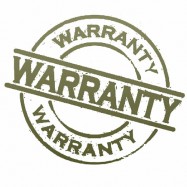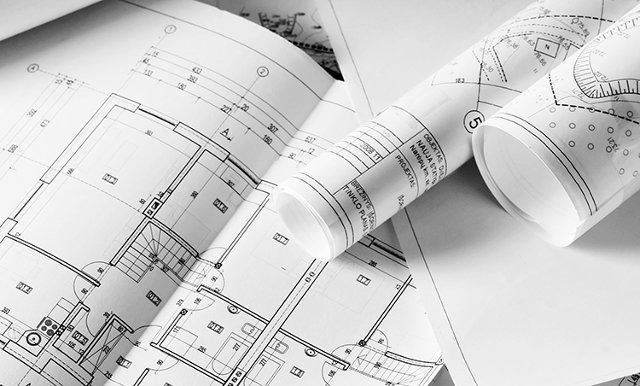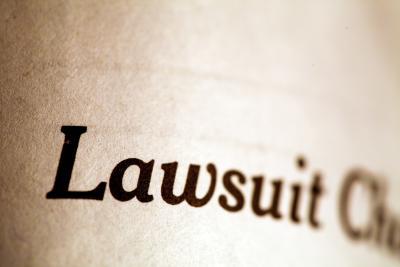Owners Should Control Environmental Audit
Owners Should Control Environmental Audit
By Bryan Mashian, Esq.
A property owner could get hurt by not controlling environmental studies by potential buyers or tenants. To avoid buying or leasing a property contaminated with hazardous materials, the prudent buyer or tenant will want a clean environmental report. The owner often allows the buyer or tenant to conduct a hazardous materials study by a consultant at their choice.
The motivation of the prospective buyer or tenant is to discover (or maybe even exaggerate) any environmental problems. If there is a problem, the buyer or tenant will ask for the largest discount to address the issue, or cancel. If they walk away, now the owner is stuck with knowing about an environmental condition that it may have to disclose to the next buyer or tenant.
But, if before marketing the property, the owner has an existing report that indicates the property has no, or only minor, environmental problems, then the buyer or tenant likely will rely on this report. If, however, the owner’s report is suspected of being biased or inaccurate, then the buyer or tenant will want to obtain an independent report of their own. The owner should have a reputable and qualified engineer prepare an accurate report to avoid wasting time and money.
If the owner obtains a report before marketing the property and this report reveals an environmental issue, the owner may either address the issue (by, for example, remediating the contamination) or disclose the issue and market the property on an “as-is” basis. The owner is often better off remediating on its own because the owner will likely be able to fix the problem for less money than a buyer or tenant will demand to take the same risk. Further, if the owner performs the remediation, it will have peace of mind that it has no further liability for the contamination.
If the owner decides to let the buyer or tenant obtain their own environmental study, then the owner should consider limiting the substance and process of this investigation using one or more of the following ways:
- The owner should control the scope of the audit and only allow an investigation the scope of which is approved by the owner.
- The depth and scope of any studies should be expanded gradually, as needed. For example, the initial study should not allow sampling of the soil or the ground water. But, if these tests indicate possible problems, then such sampling should be permitted, but only in areas and to the extent reasonably necessary to quantify the suspected contamination.
- The owner should be provided with a copy of all the reports.
- The report should provide that the owner may use and rely on the document.
- To control bias, the parties should jointly pre-select an engineer, or the owner should have the right to approve the environmental consultant, who has to be licensed and have a minimum number of years’ experience in the type of investigation contemplated.
- The buyer or tenant should be required to restore the property to its previous condition.
- The buyer or tenant and its engineers should keep all information it acquires about the property confidential unless required by law.
- The buyer or tenant should be contractually obligated to pay for the cost of the environmental audit and to indemnify the owner for such costs.
- As a preventive measure, the owner should post and record a notice of nonresponsibility to avoid any mechanic’s liens attaching to the property if the buyer or tenant cancels because the property is contaminated and does not pay the engineer.
- Before returning any escrow deposits, the owner should ensure that all those who worked on the property have been paid, that there are no mechanic’s liens on the property.
- The environmental engineer should have insurance, such as workers’ compensation and commercial general liability insurance, and the owner should be named as an additional insured on these policies, and obtain certificates of insurance before any testing begins. The owner also may consider requiring the engineer to have “errors and omissions” insurance covering any possible malpractice.




































